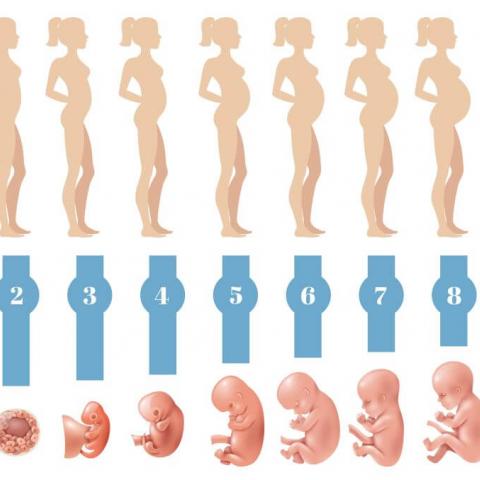Wiki: Pedia
Wikis are websites built for collaborative authoring, allowing numerous contributors to add, edit, and structure content online.
Simplicity and openness are central to wikis: anyone can often add or change pages without technical knowledge, and edits are usually logged for review or rollback.
Common features
- **Collaborative editing:** Numerous contributors can work on pages, sometimes simultaneously.
- **Edit history:** Each change is logged with a time and the editor’s name or IP.
- **Interlinking:** Creating links among pages is straightforward, which helps interconnect content.
- **Lightweight markup:** Simple markup languages (such as WikiText or Markdown) are used to format pages.
- **Permission settings:** Access controls vary — from fully open editing to permissions for certain users or groups.
- **Discussion pages:** Separate talk pages allow contributors to discuss edits and structure.
Common uses
- Community-driven knowledge bases (for example, Wikipedia)
- Internal documentation and company knowledge bases
- Group writing and collaborative note-taking
- Educational and classroom projects
Advantages
- **Fast collaboration:** Many people can collaborate and iterate quickly on content.
- **Openness:** Visibility into edits and discussions shows how decisions were reached.
- **Expandable:** They scale organically as users add more pages and topics.
Limitations
- **Vandalism and false information:** Open contribution can result in deliberate or accidental misinformation.
- **Inconsistent quality:** Entries may vary in accuracy, style, and completeness.
- **Organizational issues:** Without clear governance, content may become fragmented or disputed.
Notable example
- **Wikipedia** — the best-known wiki, run by the Wikimedia Foundation and built by volunteer contributors worldwide.






















